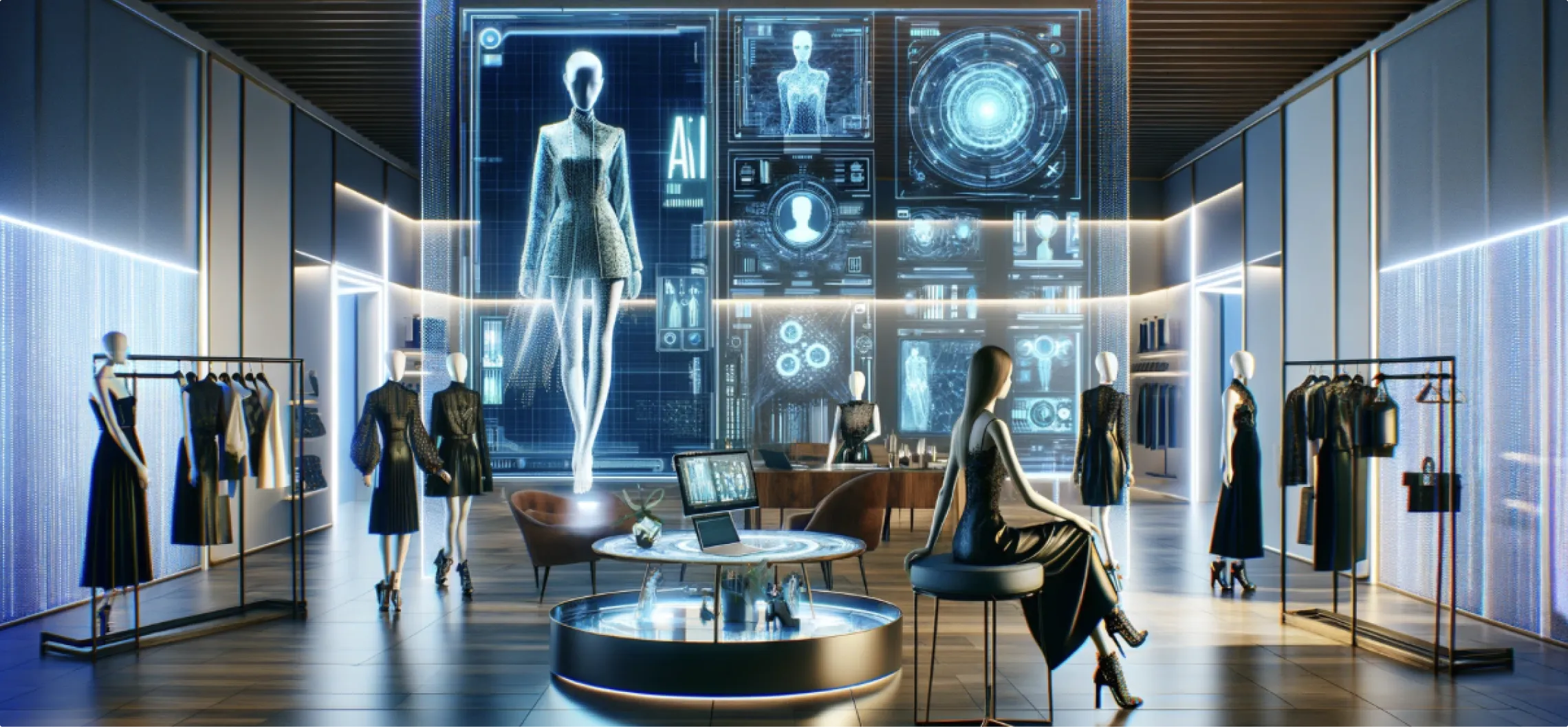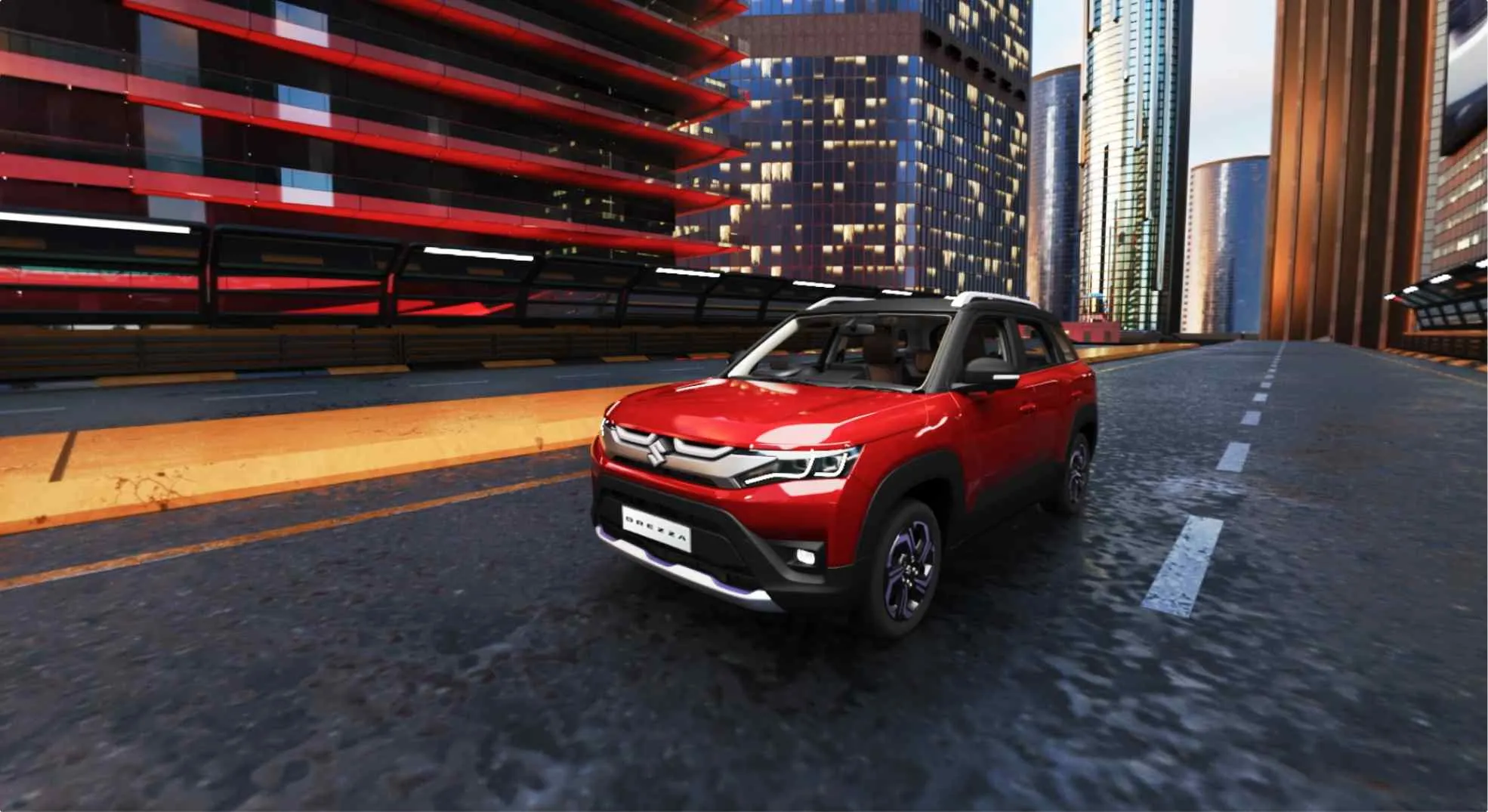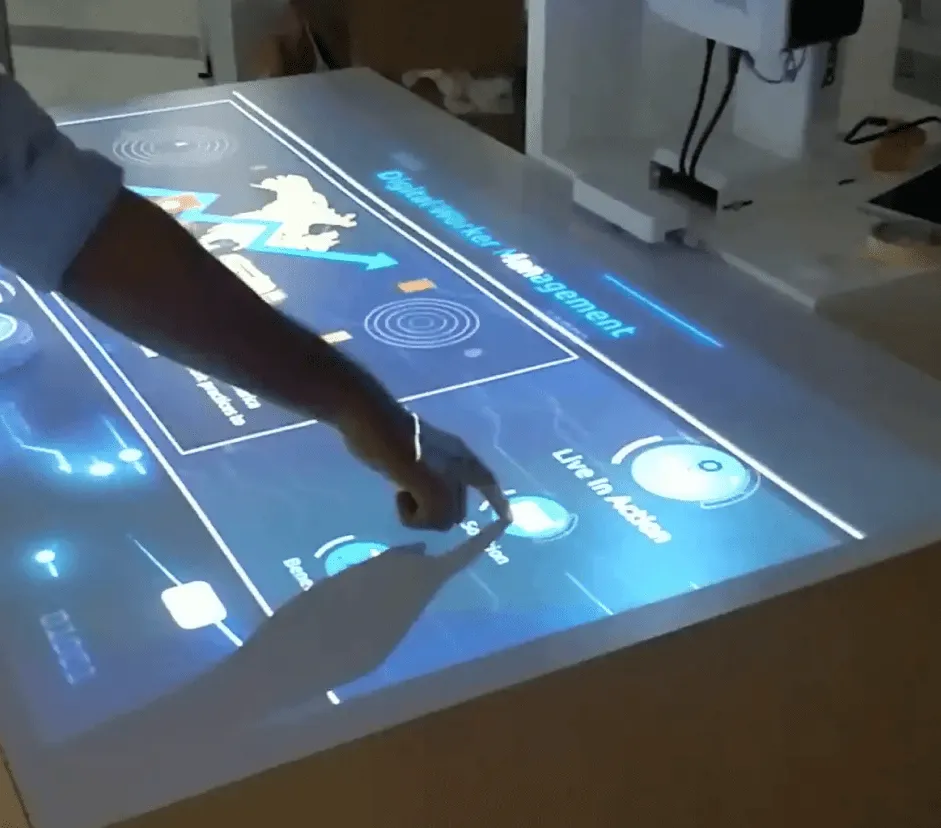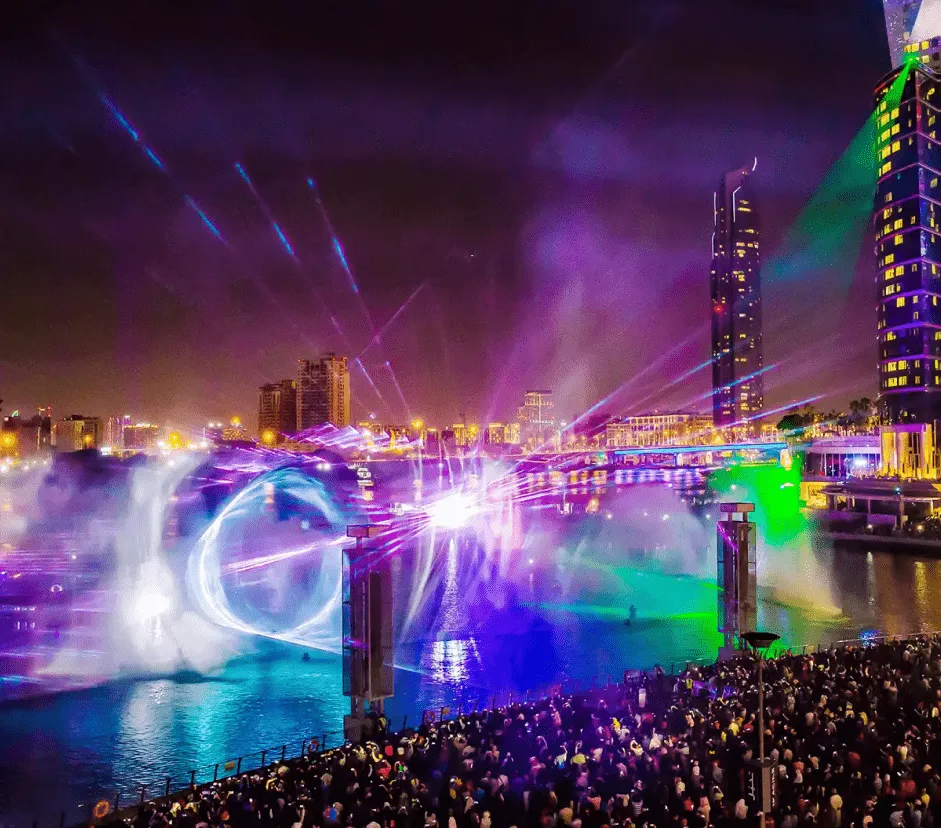The Role of AR Development in Retail

The retail industry is undergoing a transformation, driven by rapid advancements in technology. Among these, Augmented Reality (AR) stands out as a game-changer. AR is revolutionizing how retailers engage with customers, enhance shopping experiences, and ultimately drive sales. In this comprehensive article, we will explore the multifaceted role of AR development in retail and how it is reshaping the future of shopping.
What is Augmented Reality?
Augmented Reality overlays digital content onto the real world, enhancing the user's perception of their environment. Unlike Virtual Reality (VR), which creates an entirely new digital environment, AR adds elements such as images, sounds, and text to the existing surroundings. This technology has found applications in various industries, but its impact on retail has been particularly significant.
Enhancing Customer Engagement
AR creates immersive shopping experiences that captivate and engage customers. By allowing shoppers to interact with products in new and exciting ways, AR transforms the traditional shopping journey. For instance, customers can use AR apps to visualize how furniture would look in their homes or see how clothes fit without trying them on physically. This level of engagement not only attracts more customers but also encourages them to spend more time exploring products, leading to increased sales.
Personalized Shopping Experiences
One of the key advantages of AR is its ability to provide personalized shopping experiences. Retailers can leverage AR to offer customized product recommendations based on customer preferences and behavior. For example, AR mirrors in clothing stores can suggest outfits that complement a shopper's style and previous purchases. This personalization enhances the shopping experience, making customers feel valued and understood.
In-Store Navigation and Assistance
The integration of AR with social media platforms has opened up new avenues for retail marketing. AR filters and effects on platforms like Instagram and Snapchat allow brands to create interactive and shareable content. This not only increases brand visibility but also drives customer engagement. Users can virtually try on products and share their experiences with their followers, generating organic promotion and attracting new customers.
The Role of Ink in Caps in AR Development
Ink in Caps is at the forefront of AR development in retail. As a leader in experiential marketing and martech, Ink in Caps leverages cutting-edge advancements to craft memorable brand experiences. Their comprehensive services include AI Development, Virtual Reality, Augmented Reality, Experiential Marketing Campaigns, Metaverse Development, and Projection Mapping. Ink in Caps utilizes AR to create immersive and interactive campaigns that resonate with audiences, driving engagement and sales.
Conclusion
Augmented Reality is revolutionizing the retail industry by enhancing customer engagement, providing personalized experiences, and reducing return rates. Its integration into online and in-store shopping is transforming how customers interact with products and brands. Ink in Caps is leading the way in AR development, creating innovative and memorable brand experiences. As AR technology continues to advance, its role in retail will only grow, offering new opportunities for retailers to connect with their customers and drive sales.
In conclusion, AR is not just a trend but a powerful tool that is shaping the future of retail. By embracing AR, retailers can stay ahead of the competition and meet the evolving needs of their customers. Whether through enhancing product visualization, improving in-store navigation, or creating interactive marketing campaigns, AR is set to play a pivotal role in the retail landscape.
Contact Us Now:


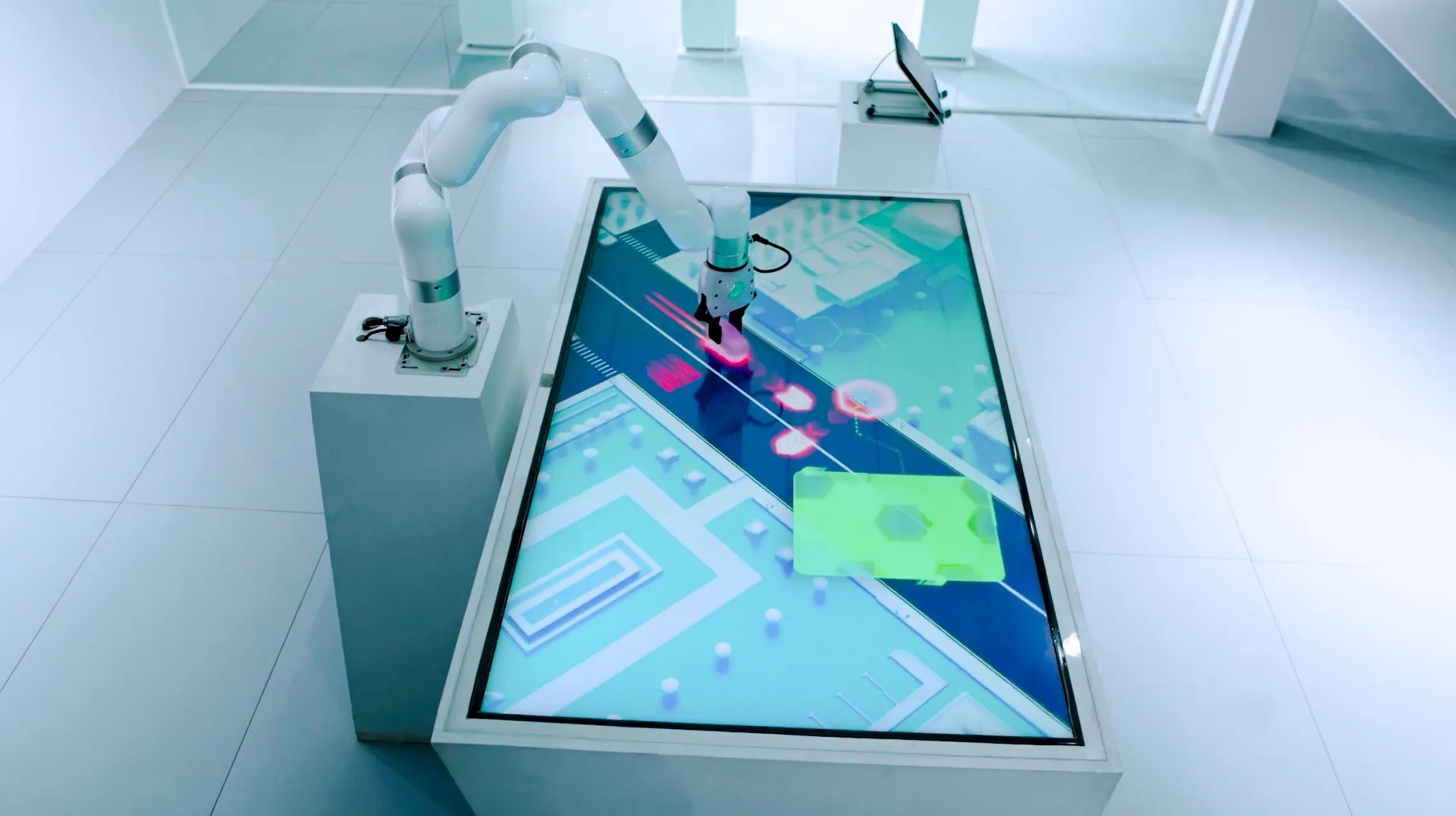
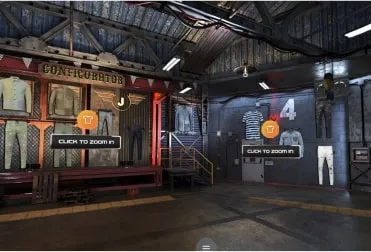
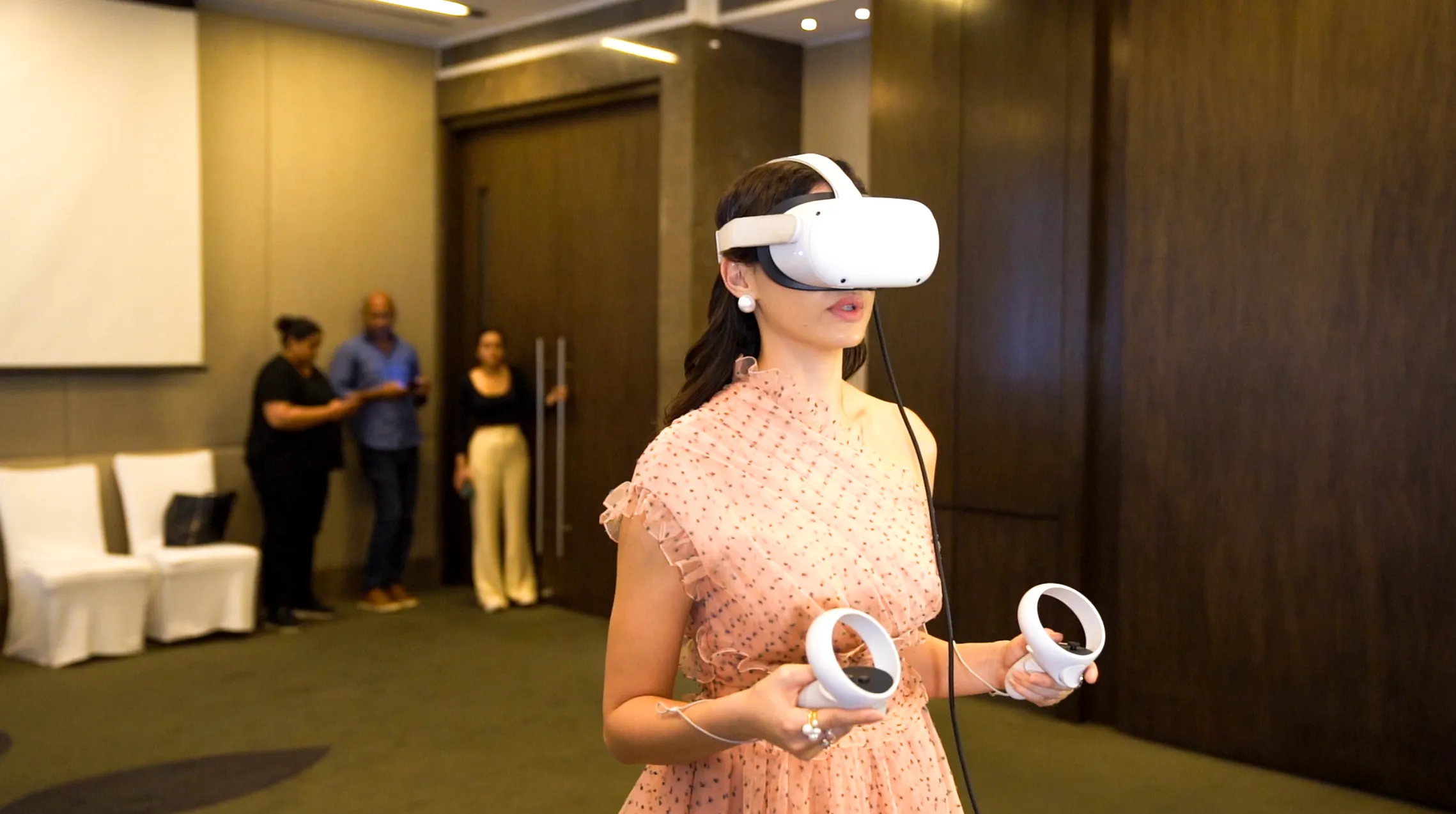
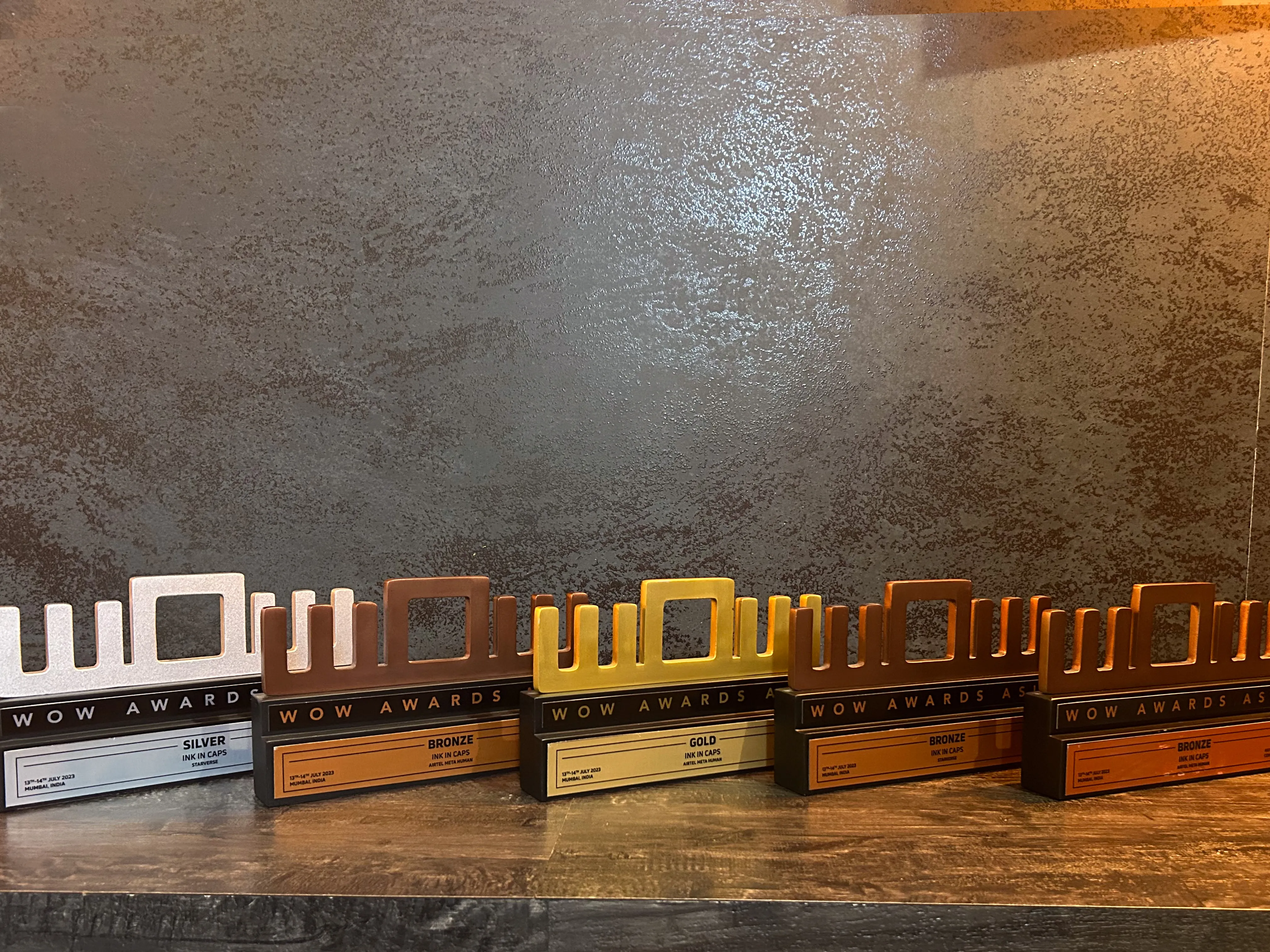
.CNhas5IL_ZqBJiz.webp)


